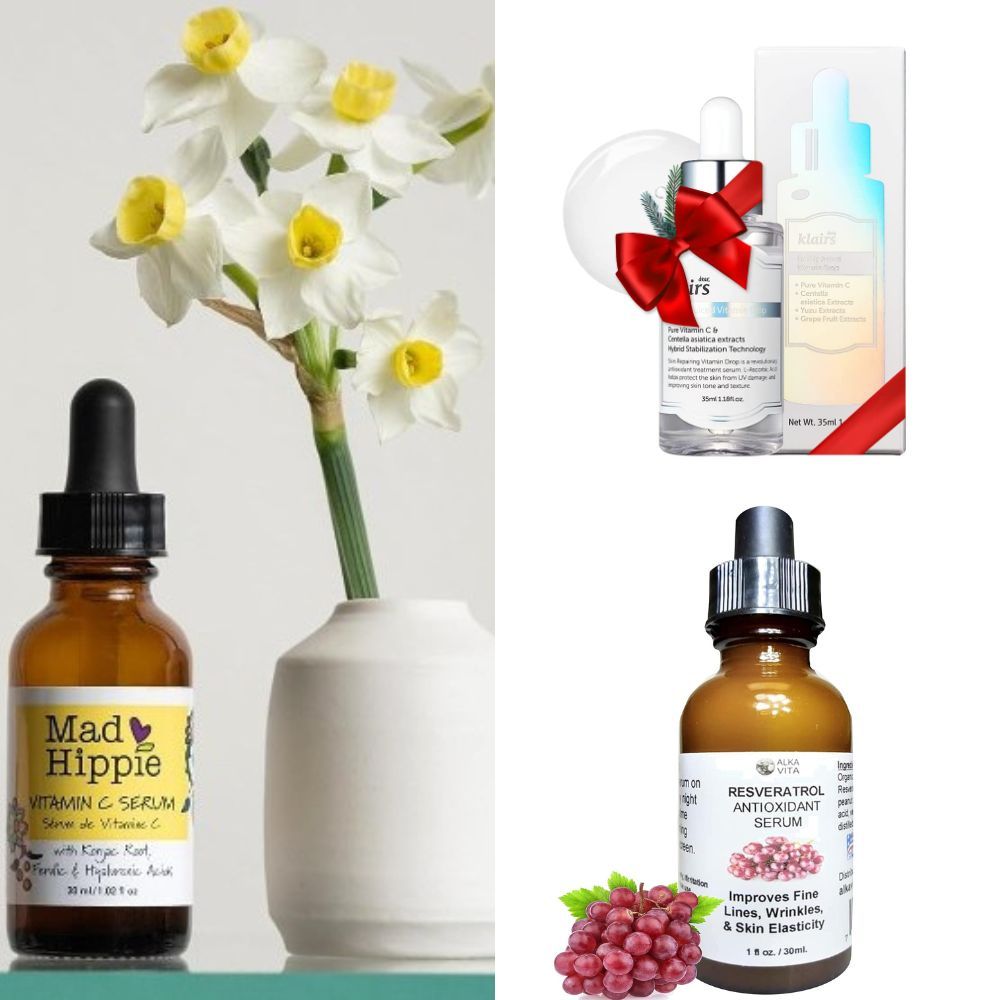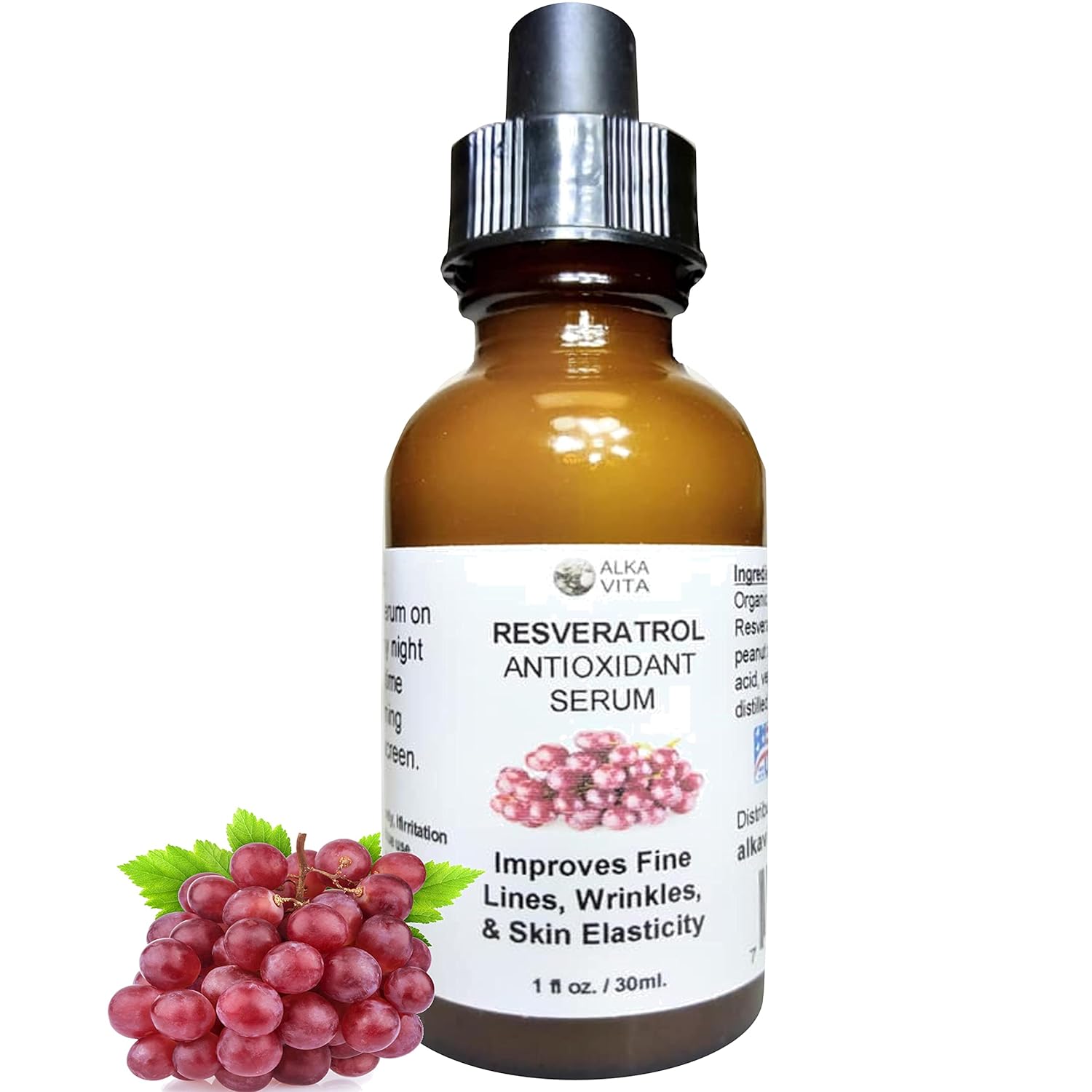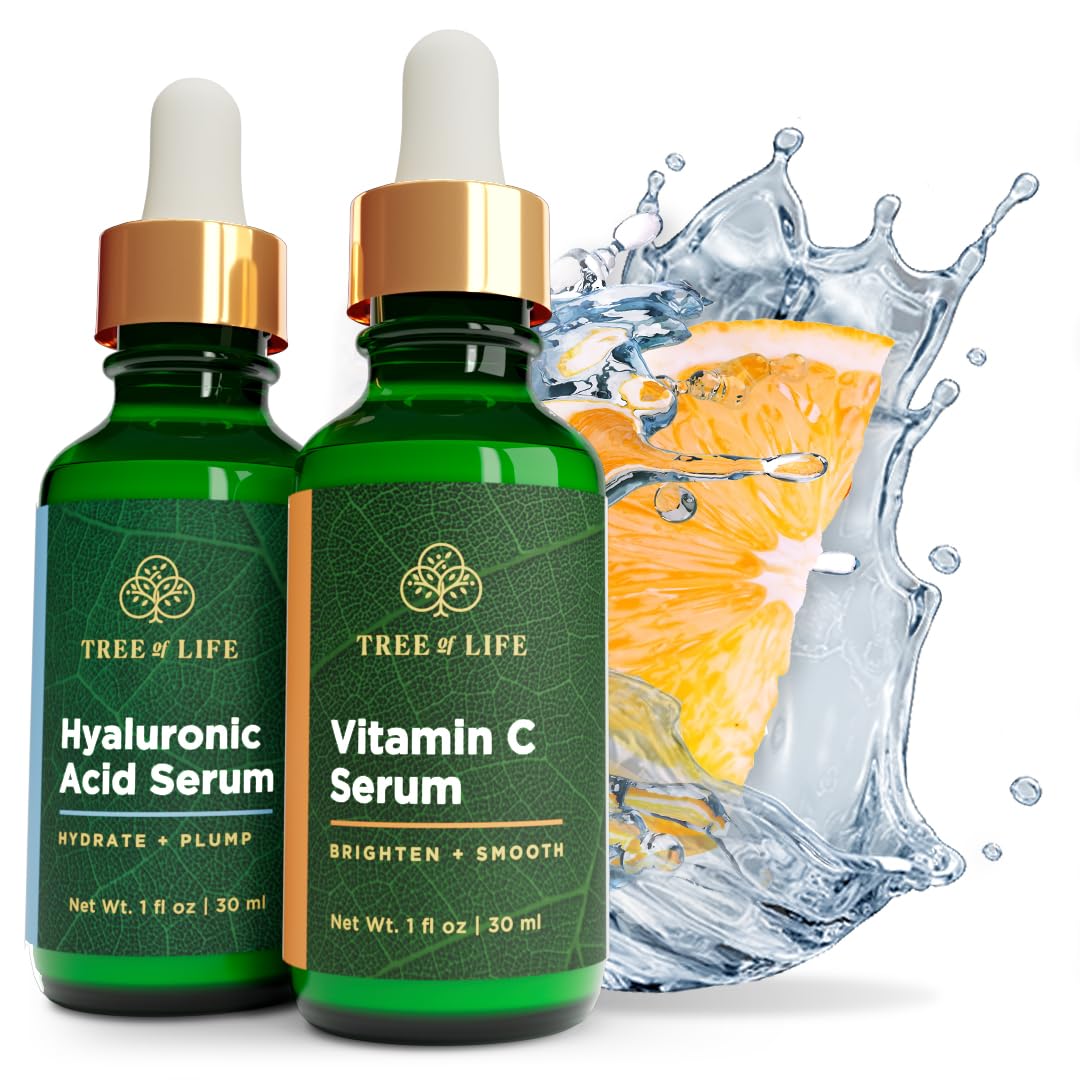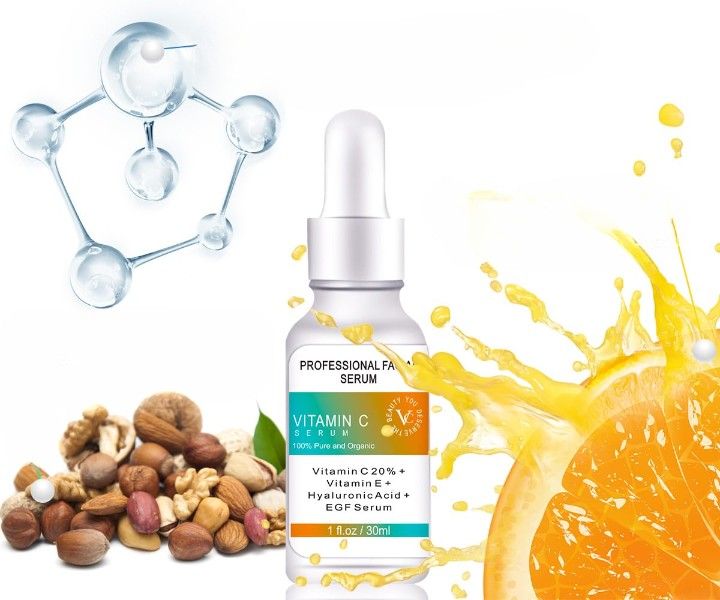Hyperpigmentation is a common skin concern that can affect people of all ages and skin types. Whether it's caused by sun damage, acne scars, or hormonal changes, dealing with uneven skin tone and dark spots can be frustrating. Fortunately, serums for hyperpigmentation can be a game-changer in your skincare routine. In this comprehensive guide, we'll delve into what hyperpigmentation is, the causes behind it, and how serums can help you achieve a more radiant complexion.
Understanding Hyperpigmentation
Hyperpigmentation refers to the excessive production of melanin, the pigment responsible for the color of our skin, hair, and eyes. When melanin is overproduced in certain areas of the skin, it leads to the formation of dark patches or spots. There are several types of hyperpigmentation, including:
Sunspots: Caused by prolonged sun exposure, these are small, dark spots that appear on sun-exposed areas like the face and hands.
Post-Inflammatory Hyperpigmentation (PIH): Resulting in acne, burns, or other skin injuries, PIH leaves behind discolored marks.
Melasma: Often triggered by hormonal changes, melasma causes larger, irregularly shaped patches, typically on the face.
Age Spots: Also known as liver spots, these typically appear as people age and are associated with cumulative sun damage.
The Causes of Hyperpigmentation
Understanding the causes of hyperpigmentation is essential for effective treatment and prevention. Common factors include:
UV Radiation: Sun exposure is a leading cause of hyperpigmentation. UV rays stimulate melanin production, leading to the formation of sunspots.
Hormonal Changes: Pregnancy, birth control, and hormonal fluctuations can trigger melasma, commonly referred to as "pregnancy mask."
Inflammation: Acne, eczema, and other skin conditions can result in post-inflammatory hyperpigmentation.
Genetics: Some individuals are genetically predisposed to hyperpigmentation, making them more susceptible to dark spots.
Skin Trauma: Injuries, such as cuts, burns, or abrasions, can lead to localized hyperpigmentation as the skin heals.
Serums for Hyperpigmentation: The Solution
Serums formulated specifically for hyperpigmentation can effectively address these skin concerns. These serums often contain active ingredients that target melanin production, promote cell turnover, and reduce the appearance of dark spots. Here are some key ingredients to look for in hyperpigmentation serums:
Vitamin C: A powerful antioxidant, vitamin C can help lighten dark spots and brighten overall skin tone.
Niacinamide (Vitamin B3): Niacinamide reduces inflammation, limits melanin production, and strengthens the skin's natural barrier.
Alpha Hydroxy Acids (AHAs): AHAs like glycolic acid and lactic acid exfoliate the skin's surface, promoting cell turnover and fading dark spots.
Kojic Acid: Derived from mushrooms, kojic acid inhibits melanin production and can be effective against melasma.
Retinoids: Retinol and its derivatives encourage skin cell turnover, fade hyperpigmentation, and improve overall skin texture.
How to Incorporate a Serum into Your Skincare Routine
To maximize the benefits of a hyperpigmentation serum, follow these steps:
Cleanse: Start with a gentle cleanser to remove dirt and impurities from your skin.
Tone: Apply a hydrating and pH-balancing toner to prepare your skin for serum absorption.
Apply Serum: Use a pea-sized amount of your chosen hyperpigmentation serum and gently pat it onto clean, dry skin.
Moisturize: Follow up with a moisturizer to lock in hydration and provide a protective barrier.
Sunscreen: In the morning, apply a broad-spectrum SPF 30 or higher to protect your skin from further UV damage.
Night Routine: For best results, use your serum at night to allow the active ingredients to work while you sleep.


Hyperpigmentation serums can be a game-changer in your skincare routine, helping you achieve a more even, radiant complexion. However, it's essential to be patient and consistent with your skincare regimen, as results may take several weeks to become noticeable. Remember to consult a dermatologist if you have severe hyperpigmentation or concerns about your skincare routine. With the right products and a dedicated approach, you can say goodbye to dark spots and hello to flawless skin!












